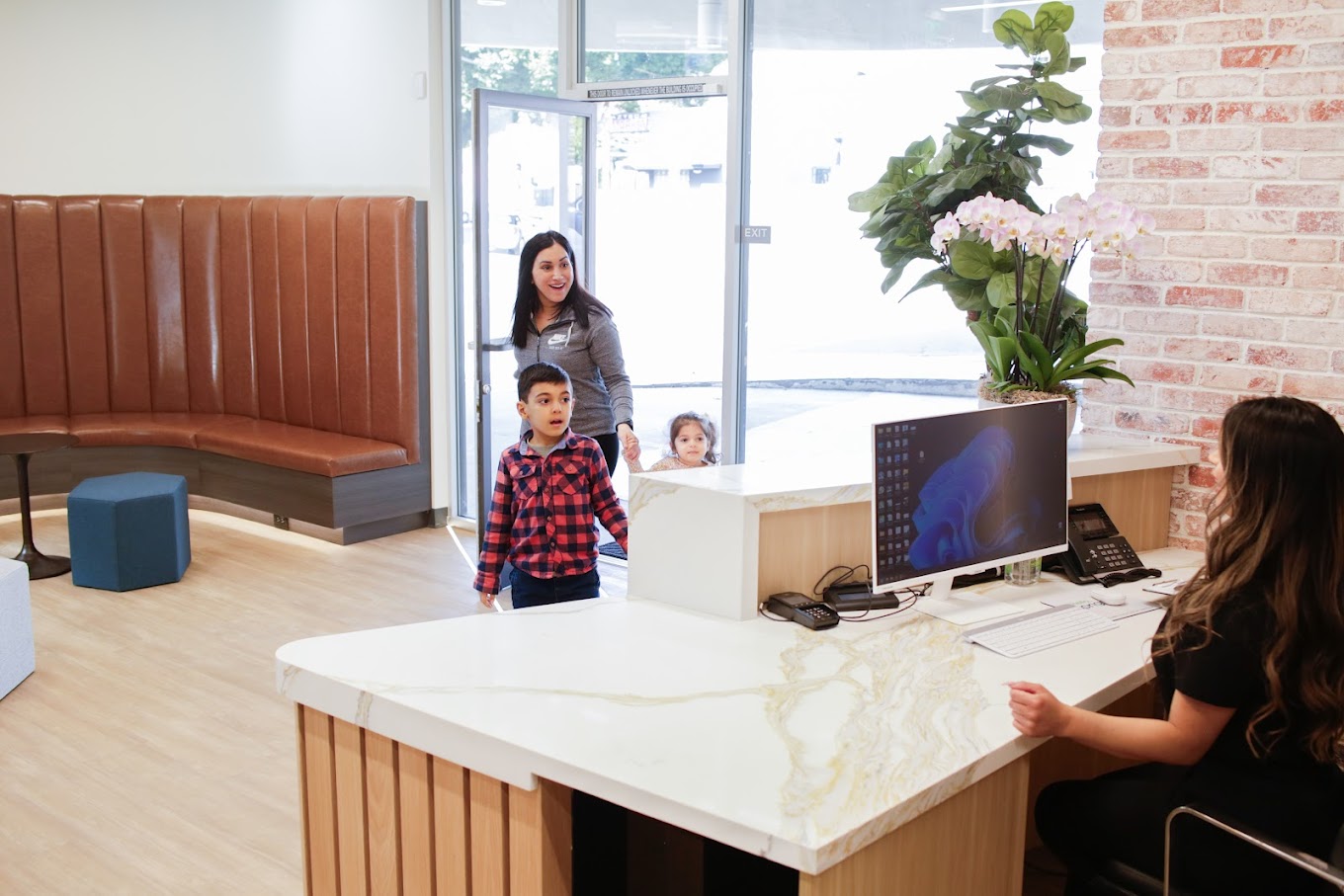When Should My Child Start Brushing Their Teeth?

From Birth to First Tooth: Setting the Foundation
Even before your baby's first tooth emerges, oral care is essential. You can start by gently wiping their gums with a clean, damp washcloth or a soft infant toothbrush. This helps remove bacteria and gets your child accustomed to oral care.
The First Tooth: Time to Brush!
The moment your child’s first tooth appears—typically around six months old—it’s time to introduce a toothbrush. Use a soft-bristled, small-headed toothbrush designed for infants and a tiny smear (about the size of a grain of rice) of fluoride toothpaste. Brush their teeth twice a day to prevent plaque buildup and early cavities.
Toddler Years (1-3 Years): Encouraging Independence
By age one, your child should have their first visit to the dentist to ensure their teeth are developing properly. As more teeth come in, continue brushing for them, using a pea-sized amount of fluoride toothpaste once they turn three. Encourage them to hold the toothbrush and practice, but always assist to ensure thorough cleaning.
Preschool and Beyond (3-6 Years): Teaching Proper Techniques
As your child grows, they will want more independence in brushing. Teach them to brush for two minutes, covering all tooth surfaces. Supervise brushing until they develop the motor skills to do it effectively, usually around age six or seven. Flossing should also be introduced once teeth start touching.
Tips for Making Brushing Fun
- Use a timer or a song to make sure they brush for two minutes.
- Let them choose their toothbrush and toothpaste to make it more exciting.
- Make it a family activity so they see brushing as a fun and necessary part of daily life.
- Use a reward system like a sticker chart to encourage consistency.
Final Thoughts
Good oral hygiene starts early, and establishing a solid routine will help prevent dental issues down the road. By making brushing a fun and engaging experience, you’re setting your child up for a lifetime of healthy smiles!
If you have concerns about your child’s dental development, consult your pediatric dentist for personalized advice.
















.jpg)


.jpg)










